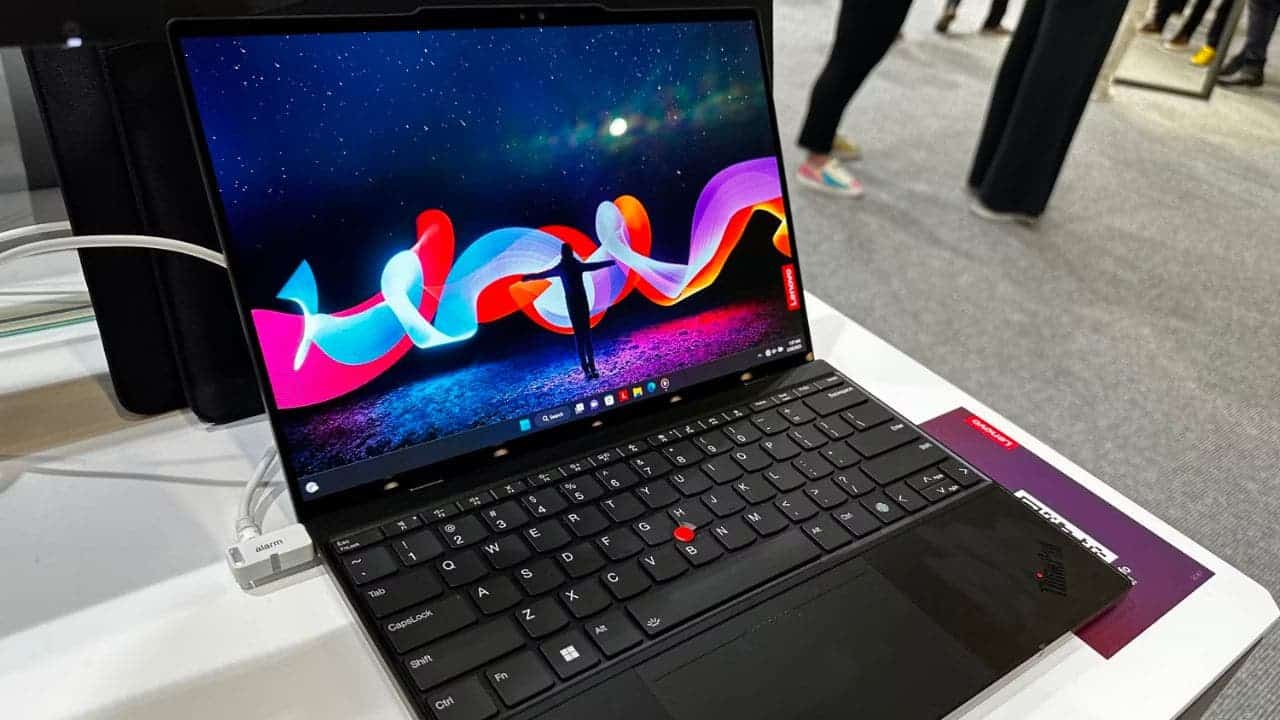On May 11, 2024, a new development in the ongoing patent dispute between Lenovo, Motorola, and InterDigital hit the public. According to the court ruling, the sales of several Lenovo and Motorola devices that utilize WWAN modules, crucial for mobile internet connectivity are now banned in Germany. This ban affects not only Motorola smartphones but also Lenovo’s broader range of mobile-enabled devices. This includes tablets and laptops that use mobile networks such as GSM, UMTS, LTE, and 5G. At the moment, Motorola’s German website does not list any of its smartphones or tablets for sale. It has just a few accessories that do not use the disputed technology.

Background of the Dispute
The dispute centers around the licensing terms for WWAN technology used in Lenovo’s products. This includes recently launched smartphone models such as the Edge 50 Ultra. These devices utilize technology for which InterDigital holds patents. Disagreements have arisen over the fees Lenovo should pay for their use. InterDigital claims that Lenovo has not met its demands for fair and reasonable licensing fees. This has led them to seek legal recourse. Lenovo, on the other hand, argues that InterDigital’s terms are not fair and plans to appeal the decision.
The dispute has its roots in the complex world of standard-essential patents (SEPs) and fair, reasonable, and non-discriminatory (FRAND) licensing terms. SEPs are critical for key technological functionalities in mobile communications, and companies like InterDigital hold many of these patents. The lack of specific provisions on what the FRAND principle entails within the EU leaves room for interpretation and further disputes. The disagreements often hinge on the interpretation of what constitutes fair, reasonable, and non-discriminatory licensing terms. Germany has become a focal point for these disputes due to its plaintiff-friendly legal framework for patent litigation. The country’s courts have issued several injunctions against companies like Lenovo and Motorola, prohibiting them from selling devices that allegedly infringe on SEPs.
The Court Ruling
The Munich I District Court ruled in early May in favour of InterDigital, leading to an immediate enforcement of the ban after the plaintiff deposited a security deposit of four million euros. The court’s decision prohibits Lenovo from selling, offering, or importing any WWAN-enabled devices, including smartphones, tablets, and laptops that use mobile networks like GSM, UMTS, LTE, and 5G.

Impact on Consumers and Retailers
For German consumers, the impact of the ban is gradually becoming apparent. Although Lenovo and Motorola Mobility have ceased listing the affected products on their German websites, some retailers continue to sell existing stock. Once these stocks deplete, potential shortages and delivery issues could occur.
Broader Implications
This legal battle is not isolated but part of a broader pattern of disputes over so-called standard-essential patents, which are critical for key technological functionalities in mobile communications. The disagreements often hinge on the interpretation of what constitutes fair, reasonable, and non-discriminatory (FRAND) licensing terms—a matter still not clearly defined in European law. This situation underscores ongoing tensions in global tech regarding patent licensing, with Germany becoming a focal point due to its plaintiff-friendly legal framework for patent litigation. This has significant implications for the tech industry, potentially affecting how companies negotiate licensing agreements and manage their intellectual property in key markets worldwide.
History of Patent Disputes
The dispute between Lenovo and InterDigital is not the first of its kind. Last year, the British High Court ruled that InterDigital’s patent license fee should not be higher than $0.175 per device. This ruling was part of a larger battle over FRAND (fair, reasonable and non-discriminatory terms) principle in patent licensing. Lenovo and Motorola do not agree with InterDigital’s principle of compositeness and can still revoke the injunction through the appeal process. The lack of specific provisions on what the FRAND principle is within the EU also leaves room for it to turn around.
Future of the Dispute
The next major clash between the two opponents will take place in London on June 10, where the UK Court of Appeal will review the far-reaching FRAND ruling by High Court judge James Mellor. Lenovo has initiated a second FRAND trial in the battle, asking the UK High Court to set a global licence rate for InterDigital’s entire portfolio, which includes implementation patents as well as SEPs. The court is to calculate the FRAND rate from 2024 onwards.

Conclusion
The legal dispute between Lenovo, Motorola, and InterDigital in Germany has led to a sales ban on devices equipped with WWAN modules crucial for mobile internet connectivity. This ban affects a wide range of Lenovo and Motorola products, including smartphones, tablets, and laptops using mobile networks like GSM, UMTS, LTE, and 5G. The conflict stems from disagreements over fair licensing fees for technology patented by InterDigital. The Munich I District Court’s ruling in favour of InterDigital has immediate consequences, restricting Lenovo from selling these devices in Germany.
Despite the ban, retailers still have existing stock, but shortages may arise once these deplete. This dispute highlights broader tensions in the tech industry over standard-essential patents and fair licensing terms, with Germany’s legal framework playing a significant role in such disputes. The ongoing legal battle underscores the complexities of patent disputes and the challenges companies face in negotiating licensing agreements and managing intellectual property globally. The future of this dispute will likely involve further legal proceedings and negotiations to resolve the issues surrounding FRAND licensing terms and patent fees. What do you think about this ban? Let us know your thoughts in the comment section below





